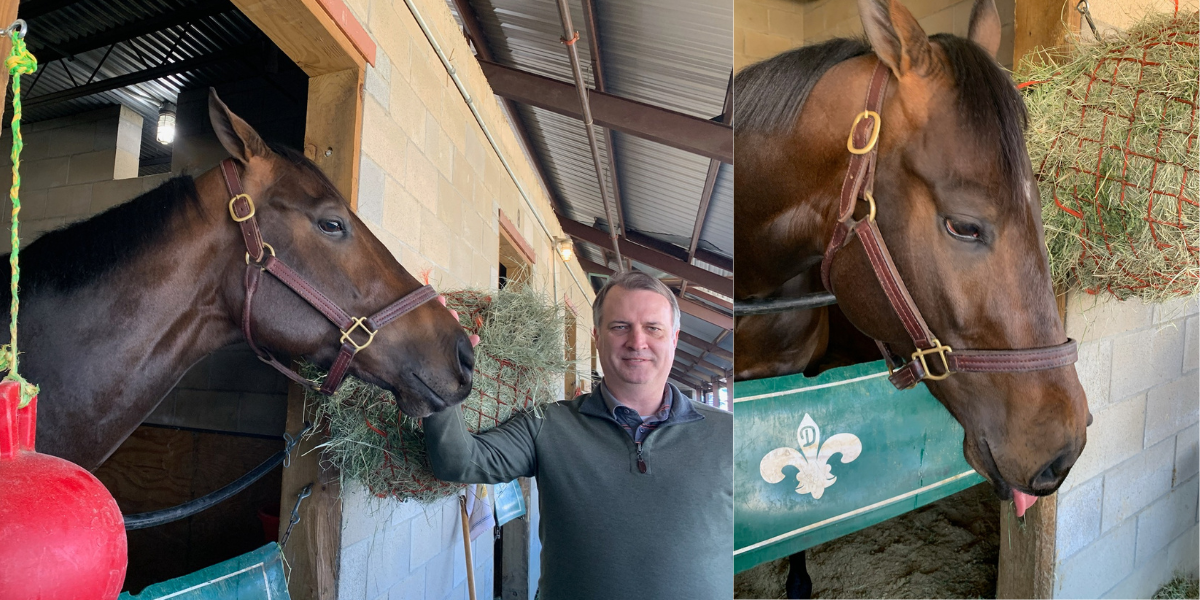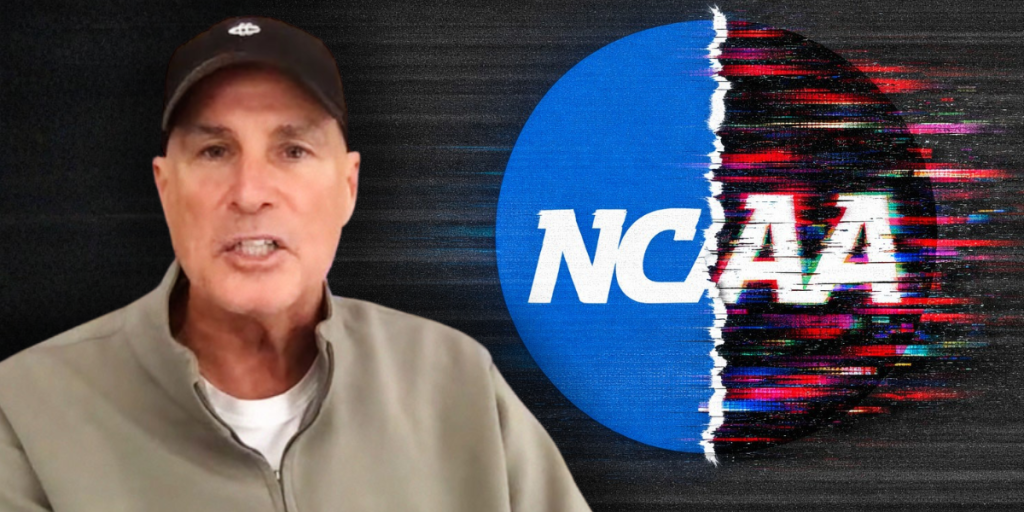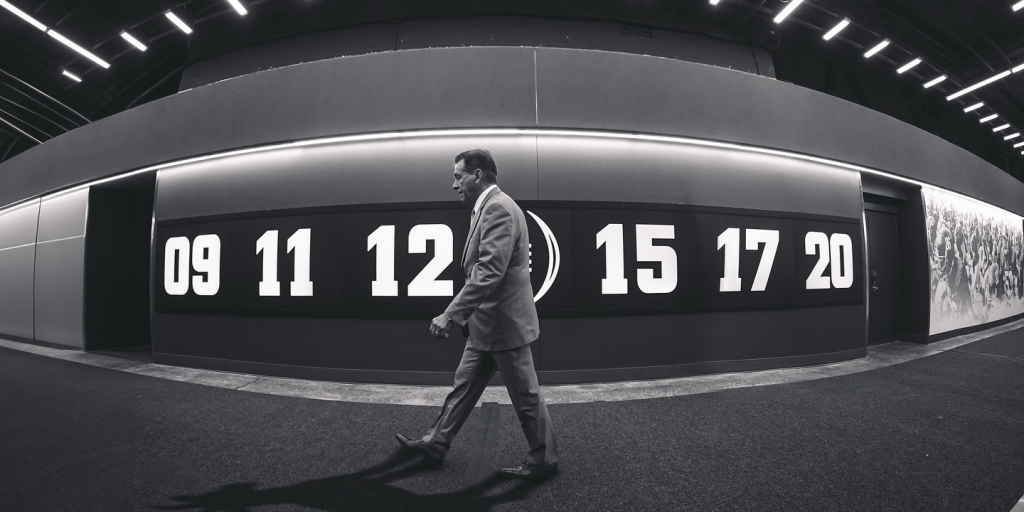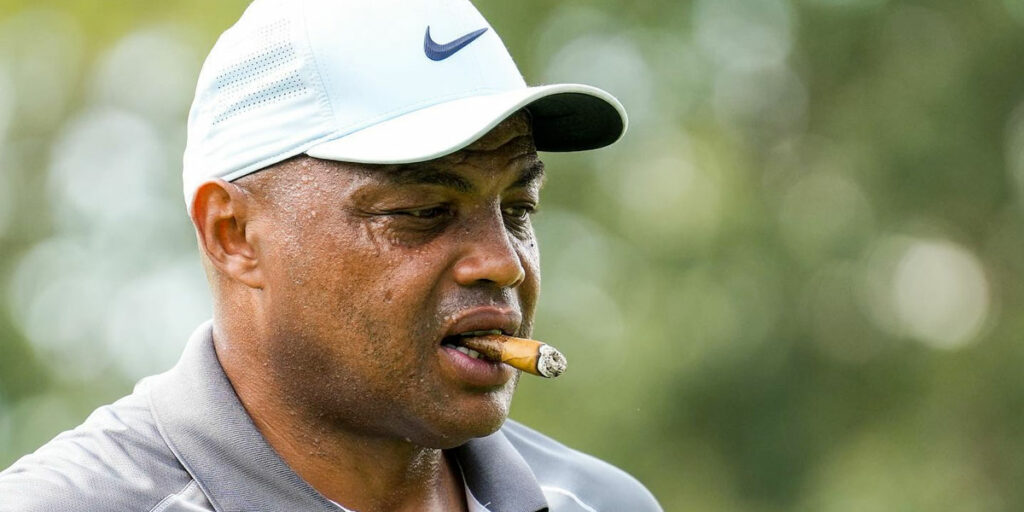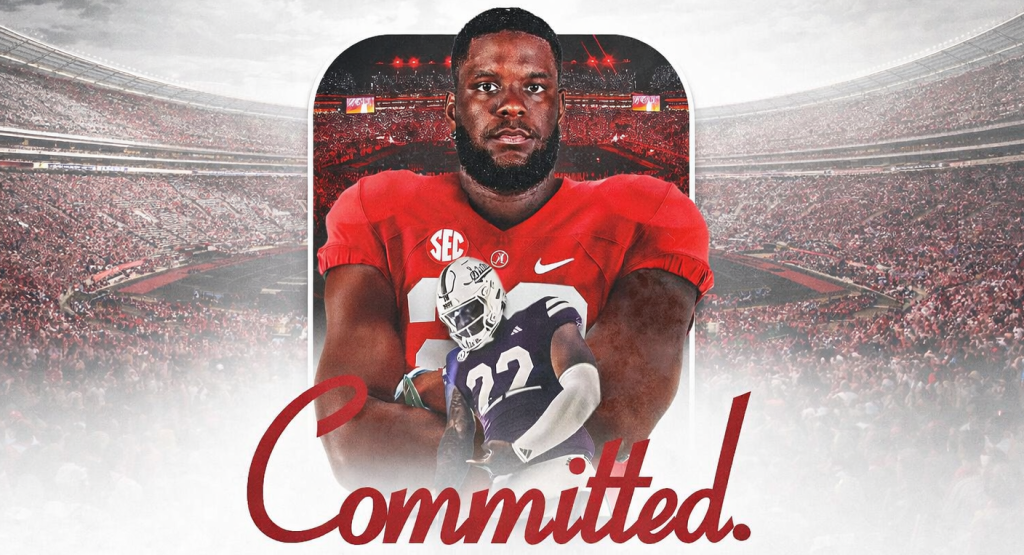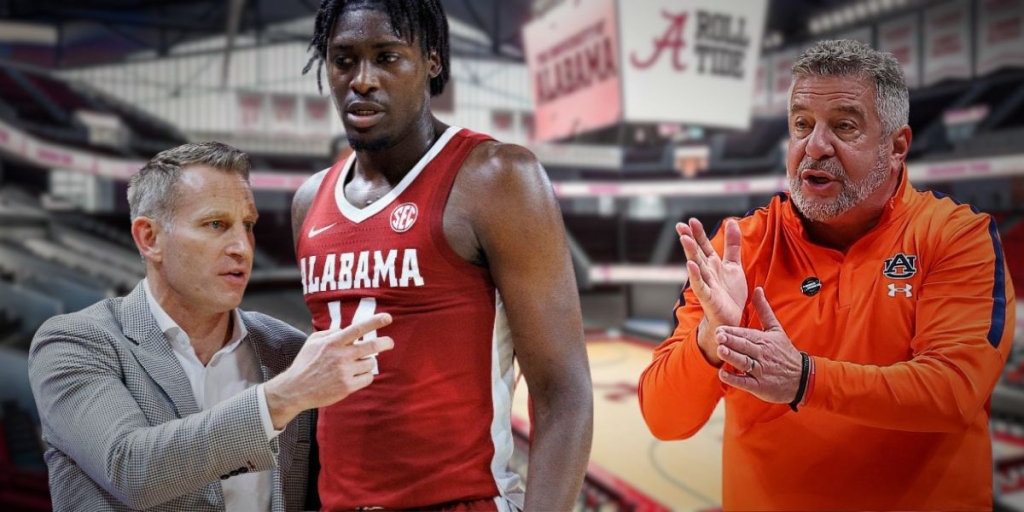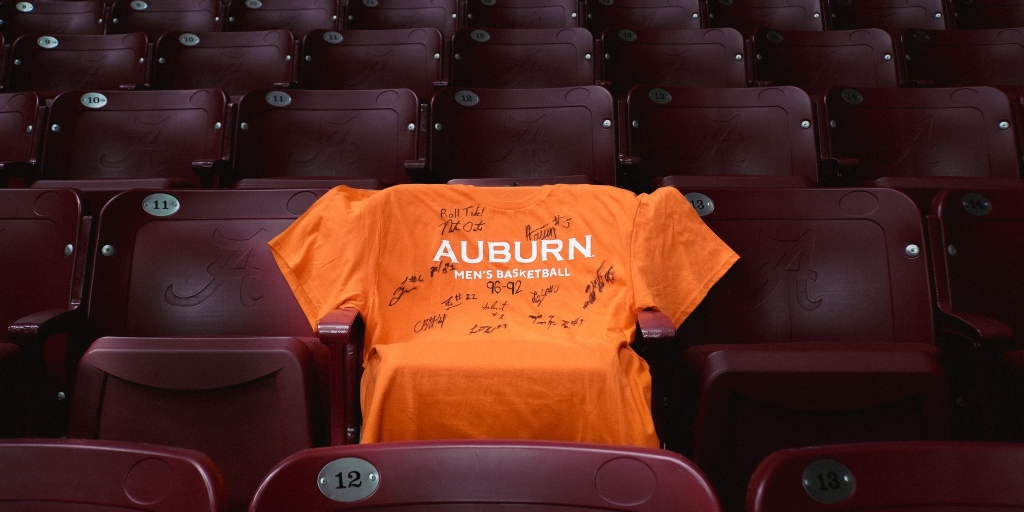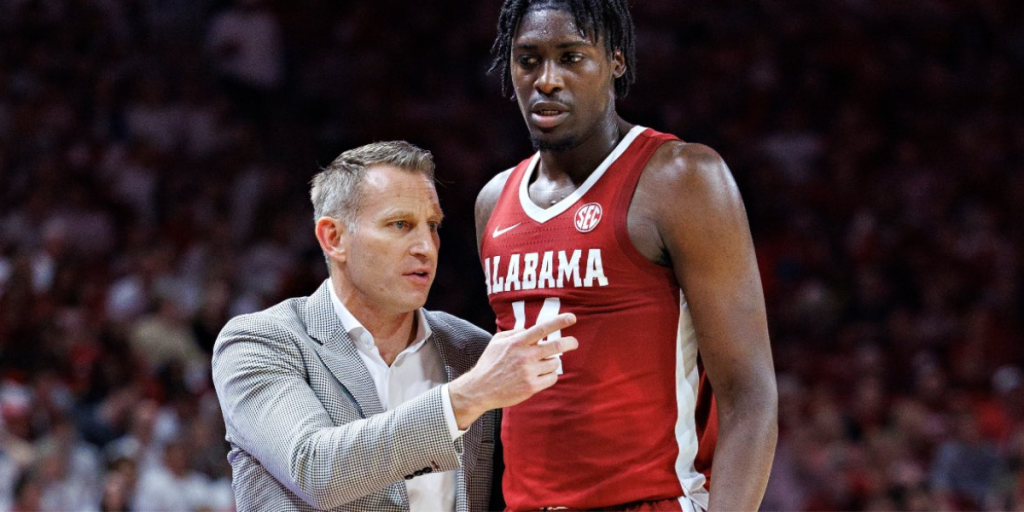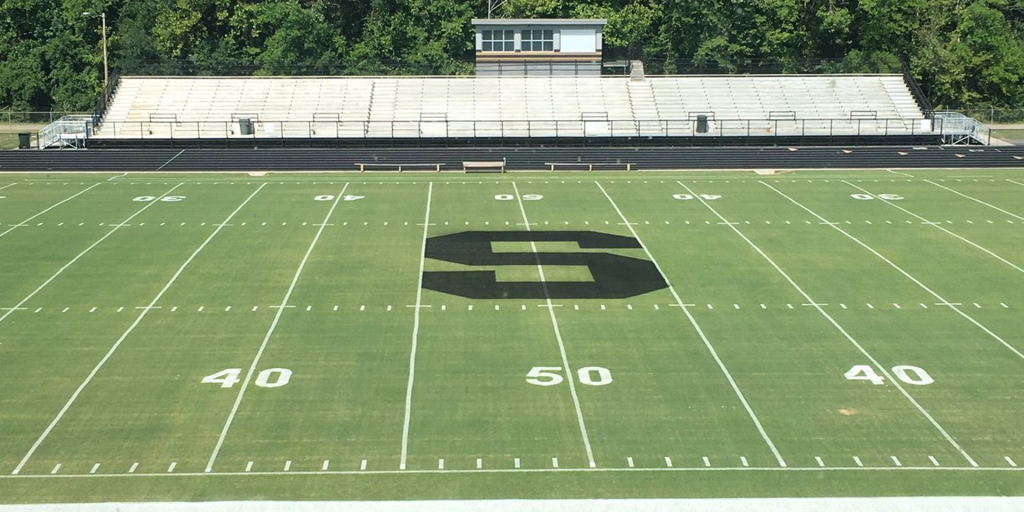Thomasville grocery store owner Robbie Norman never envisioned he’d be as interested in thoroughbred horses as he is in making sure there are enough heads of lettuce, bunches of bananas, and ground chuck at Super Foods.
“I’m just an accounting nerd,” he said, “so I sit up here and look at grocery prices all day.”
When he was 11, he regretted ever putting his feet in the stirrups after getting thrown off his brother’s horse twice.
“I was riding and somebody came down the road and started honking the horn, and he got to bucking and running through the field,” Norman said. “And just being young, I couldn’t handle him, so he threw me off. That was the second time. I said, ‘I don’t think I’m ready for this horse thing.’”
But the man is just as adept at finding a bargain in horseflesh as he is battling Walmart for customers, an underdog position he is accustomed to that should come in handy later this week.
Two years ago, at a sale in Texas, Norman spent a relatively modest $70,000 to buy the unproven racehorse Coal Battle, which is now worth approximately $1,200 per pound. Coal Battle has taken Norman to the apex of the sport, performing well enough as a 3-year-old for thoroughbred racing experts to make the dark bay colt the proverbial dark horse to win the 151st Kentucky Derby at Churchill Downs in Louisville, Ky., this Saturday.
Coal Battle must overcome starting farther off the rail than Norman wanted after being slotted 16th in the post-position draw. Norman had hoped Coal Battle would start anywhere from sixth to 12th in the crowded 20-horse field, but found advantages in being outside.
“It’s very doable,” Norman said from Louisville, where he attended the draw. “Overall, we’re happy with it. We might have liked to have been a little bit closer in, but if you analyze the race, a lot of the speed is on the inside, and we didn’t want to be hooked up with too many speed horses. If the speed horses jump on out there, that would give him an opportunity to be on the outside and just move over and get a good position going into the first turn.”
Coal Battle won the Smarty Jones Stakes from the farthest outside post position, pulling away down the stretch to win by four lengths.
Four Derby winners have come from the 16th post, and Coal Battle is one of nine horses given the longest odds at 30-1. Derby favorite Journalism will start from the No. 8 position at 3-1 odds.
It will be the first Derby for Norman, 53, and his 72-year-old self-taught trainer Lonnie Briley, a Louisianian and former oilfield roughneck who had never entered a graded stakes race until this year, a fact that belies his expertise in distilling a horse’s makeup right down to its 216 bones.
Briley knows so much about horses that Norman trusted his evaluation of Coal Battle and bought him sight unseen as a yearling.
“I was not there but Lonnie’s been doing it most of his life and he can tell you if the ankle’s this way, if the knee’s off,” Norman said. “He can identify a very good racehorse.”
Norman would have preferred seeing Coal Battle as a 2-year-old, rather than a yearling, before buying him, but he trusted Briley.
“I point more to the two-year-old sales, where they run a short breeze,” Norman said. “I like to see the motion and the way they move. Lonnie said he had the hip, he had the shoulder, he had the conformation, he had the neck, he had everything that he wanted in a horse.”
Briley never mentioned the colt’s speed, the only thing that concerned his owner.
“Lonnie kept saying that Coal Battle was so smart, so intelligent, he does everything the right way,” Norman said. “A few months after we got him, I said, ‘Lonnie, just tell me he’s fast. That’s all that matters. I’m tired of hearing about being smart.’”
Well-suited for winning
Coal Battle has an exemplary 98 speed rating. In fact, his running style has evolved from pure speed to demonstrating tactical versatility, knowing when and where to use it on the track, according to kentuckyderby.com. He’s won on the lead and coming from behind, on the rail and from outside.
Coal Battle has shown “remarkable progression,” the Derby’s official website assessed. “Particularly noteworthy is his versatility across different track conditions, boasting a perfect record on both fast (3-for-3) and wet (2-for-2) surfaces.”
Many thoroughbred experts aren’t sure Coal Battle possesses the stamina to win the 1¼-mile Derby, but all three Triple Crown races are contested on dirt, which he prefers.
“He has a very strong kick,” said Briley’s assistant trainer, Bethany Taylor, who observed it in one of the few times Coal Battle was out of the money when he finished fourth in the Kentucky Downs on grass, a surface he’d rather munch on than run on.
“He had a really troubled race where he had gotten bounced around a lot,” Taylor said. “After the wire, he galloped out in front of the winner. I think maybe with a little more luck, we could have run even better than fourth in that race. And that was a million-dollar stakes.”
Coal Battle’s personality is also well-suited for winning.
“He’s a little aggressive,” Norman said. “He’ll nip at you a little bit if you walk by. And I found out over the years that horses with that personality tend to be the better horses. He’s just got that ‘it’ factor. He knows what his job is, and he knows he wants to be a racehorse. He wants to compete.”
Coal Battle also has a more genteel side, and apparently, the business acumen of his owner.
“Before he ever ran his first time, I was on him in the barn, and he’s a stud, and I got stopped in the shed row behind a filly, and he just let out the quietest little nicker, like a perfect little gentleman,” Taylor said. “I was taking him out of the barn to gallop him, and I reached up and patted him on his neck, and I was like, ‘Take it easy, buddy. If you want to be able to kiss the girls, you’re going to have to make an awful lot of money.’ He proceeded to win his first time out, and he ended up being on the Derby trail, so I guess he understood what I was telling him.”
Coal Battle has $1.2 million in earnings going into the $5 million Kentucky Derby.
Unlikely to disappoint
Although Coal Battle is coming off a third-place finish in the Arkansas Derby, Norman said he isn’t nervous about his first Kentucky Derby appearance. Neither is his personable thoroughbred, who sometimes has to be awakened to work out, is known to nap on race day, and looks for cameras so he can pose, as did Secretariat, the greatest racehorse of all time.
“We’re just going to go have fun and enjoy it,” Norman said. “That first one you buy, you’re thinking you’re going to buy a Derby horse. Then you realize how hard it is. A horse that has the stamina and has the speed at those two-year-old sales is going for a lot of money, a million dollars, two million dollars, so to find one on our budget that can get you there is very difficult. I’m sure there’ll be a few butterflies when we get up there, but we do realize that we’re going to be a longshot.”
It’s not impossible for a trainer to win the Kentucky Derby on his or her first attempt — eight have done it since 2000, the most recent in 2014 — but a victory would make Briley the third-oldest trainer to win the Derby.
“It puts so much pressure on you,” Briley told the Louisville Courier-Journal. “I hate to disappoint anybody.”
Coal Battle’s backers are usually not disappointed. He has finished in the money in all three of his starts this year, winning twice, has won five of eight career starts, run on seven tracks and earned $1.2 million — a shrewd return on Norman’s initial $70,000 investment.
Coal Battle is also one of the more seasoned horses in the race and has the characteristics to win at Churchill Downs.
“He’s the most traveled colt in the group,” Taylor said. “This is the seventh track that he’s run at. The Derby will be his ninth start. A bunch of those colts haven’t traveled, don’t have the experience that he does. He’s one of the top money earners. Because we don’t have the big name and the big reputation, I don’t think they’re quite giving him enough credit. He’s got the most stakes wins going in. He’s a very accomplished colt.”
Coal Battle has won four stakes races in a row, three of them Derby preps. Even his fourth-place in the Million Dollar Juvenile at Kentucky Downs, which was on grass, featured an impressive finish with a substitute jockey aboard.
“That turf course was favoring front-end runners,” Taylor said, “and I guess from reading the form, the jockey had just assumed that he was going to have to take him back. So, he took him back almost all the way to last and the colt still closed and lost by just five lengths.”
Norman said Coal Battle tends to start well and close strongly with regular jockey Juan Vargas holding the reins.
“He breaks from the gates well, he’s quick enough to get himself into a good position and to get out of trouble,” Norman said. “He has a very quick turn of foot, which means it’s almost like a turbo boost. It doesn’t last very long and when the turbo boost ends, you give out. But he does have that quick (move) to get through turning for home. And if Juan can time it and hit that boost there at the end, I think we do have a very good shot. That quick turn of foot is his biggest attribute going into the Derby.”
‘Down the stretch!’
In racehorse vernacular, Coal Battle is more like Seabiscuit than Secretariat and comes from a lightly regarded sire but a closer examination reveals he shares a rare lineage with 1977 Triple Crown winner Seattle Slew.
“There’s nothing about him in his up-close pedigree that even suggests he should think about going to the Kentucky Derby,” Norman said.
Coal Battle’s sire, Coal Front, had a breeding fee of only $2,000, a pittance in the thoroughbred galaxy. The sires of most of the horses in the Derby field have $150,000-plus breeding fees, according to Norman.
“(Coal Front) was a very fast horse, but he has not been a popular stallion,” Norman said.
Coal Battle became his father’s first graded stakes winner when he won the Rebel Stakes in February to qualify for the Kentucky Derby.
“We knew that was going to be the race of our lives,” Norman said. “He beat several horses that day that will be in the Kentucky Derby. He beat the two horses that actually beat him in the next race in the Arkansas Derby. If Coal Battle can run that race like he did in the Rebel, he can win the Kentucky Derby.”
Coal Battle showed he could win from the rail in the 13-horse field when he came from eight lengths behind after a half-mile to win by 1¼ lengths for his fourth consecutive win.
Perhaps Seattle Slew’s DNA came to the fore in Coal Battle that day, as the 1977 Triple Crown winner had the worst possible start — striking the gate, being expelled sideways and jarring another horse — before maneuvering through the clutter to win his Kentucky Derby from the fourth post.
“The six crosses are very rare,” Norman said. “If you go back like five generations on Coal Battle, you’re going to see Seattle Slew six times in that lineage, and he was one of the greatest horses of all time. We believe he can win (the Derby) if he gets the right trip.”
Norman chose the name Coal Battle because of something he hopes to hear down the stretch over the roars of 170,000 spectators at Churchill Downs.
“I went with Coal, after his father,” Norman said. “Then in your head, you pretend that the announcer is saying, ‘They’re coming down the stretch and Coal Battle is making his move!’ Battle just seemed like it had a good ring to it. It sort of rhymes and sounds good.”
Right hobby, trainer
Norman, who grew up in Ramer, Ala., earned an accounting degree at Troy University, and his first job after graduating was at a grocery warehouse. That led the family to open Super Foods in Thomasville 25 years ago, and they now have eight stores in Alabama, Mississippi, and Georgia.
A chance evening scanning TV channels led to Norman’s interest in thoroughbred racing.
“It was sort of by luck,” said Norman, who at the time was going through a divorce. “Opening all these stores was just taking up so much of my time and my life. I had two young boys, and I needed to get a hobby.”
He saw a documentary on the 2012 Belmont winner, Union Rags, and was enthralled.
“I didn’t like to hunt, I didn’t like to fish, I tried golf and I didn’t like golf,” said Norman, who decided to buy a racehorse. “I chose the perfect hobby for me.”
By the end of the documentary, Norman said he had Googled nearly everything he could absorb about horse racing. He bought his first horse a few months later and learned to surround himself with knowledgeable people, most prominently Briley.
“We’ve had a few bigger trainers before — and I don’t want to call any names — but they just keep you in the dark,” Norman said. “We would have been out of horse racing probably if it wasn’t for Lonnie. He’s just a good down-to-earth country fella. He even lets us help pick some of the races. Lonnie gives you involvement with not only Coal Battle but with all the horses we have with him.”
Norman didn’t have to pick the Kentucky Derby; Coal Battle chose it for him. By Saturday evening, he might be wearing a spray of roses and eventually become a tourist attraction in Clarke County.
“The stallion farms would want him to be in Kentucky,” Norman said. “Once his stud career was over, oh, definitely. My brother has a nice little farm outside of Grove Hill. We would love to have Coal Battle there.”
Courtesy of Call News.




